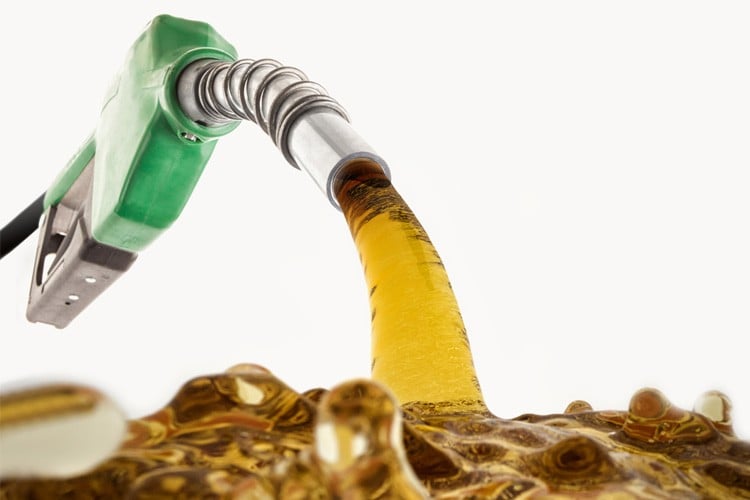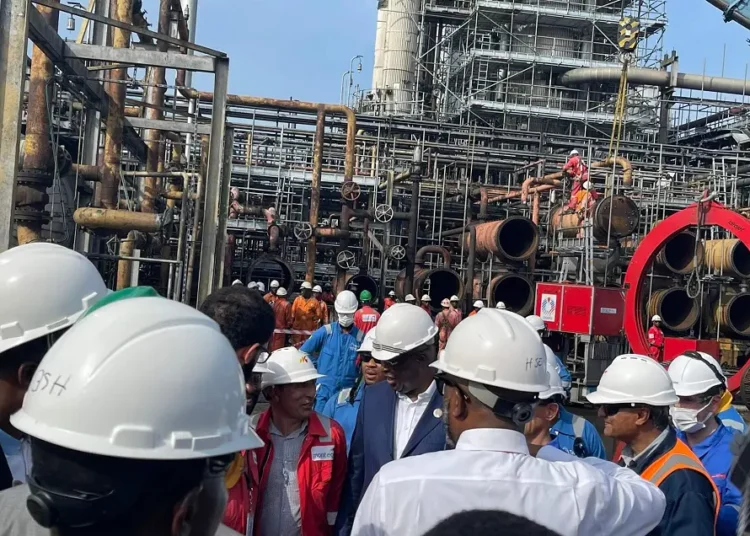
The Manufacturers Association of Nigeria (MAN) has said the 15 per cent import tariff on petrol and diesel policy’s success hinges on transparent, efficient, and well-coordinated implementation.
While supporting the tariff as a strategic move to protect local refineries and boost domestic industry, the director-general of MAN, Segun Ajayi-Kadir urged regulators to monitor pricing closely, ensure a stable transition, and prevent anti-competitive practices.
He stated, “We recognise this as a strategic step and patriotic policy that aligns with the Nigeria First agenda and MAN’s long-standing advocacy for local content development and patronage of Made-in-Nigeria.”
According to him, this strategic policy has reassured domestic manufacturers that the government is attentive to the imperatives of growing indigenous manufacturing. It exemplifies the government’s commitment to halting the perennial bleeding of our patrimony; asserting the sovereignty of the great country; guaranteeing energy sufficiency and security, and improving the overall wellbeing of Nigerians in this regard.
“This is a sure step in the promotion of local value addition, strengthening domestic refining capacity, conserving foreign exchange, and advancing Nigeria’s long-term industrialisation objectives.”
He noted that “This will ensure the Naira for crude arrangement that will ensure effective and reliable supply of crude to the local refineries and reduce the pressure on our scarce foreign exchange. It will also attract more investors, including the holders of the 30 refinery licenses to commit resources in the sector.”
He disclosed that “There is no better path to fixing Nigeria’s economy than protecting local industries, encouraging local patronage, fostering value addition, and promoting industrial development anchored on local content.
“Nigeria is blessed with enormous oil resources. Unfortunately, scarce forex in billions of dollars is still being spent on importing refined petroleum. Supporting local refining capacity through appropriate policy tools will conserve scarce foreign exchange, improve the stability of the naira, and foster a more favourable macroeconomic environment for investment.”
He pointed out that the tariff is a rightful, deliberately designed policy instrument intended to protect and encourage domestic producers, curb dumping, and create a stable environment for local refiners to thrive.
While supporting the 15 per cent tariff imposition, MAN called for transparent, efficient, and well-coordinated implementation to ensure its benefits reach both industry and consumers, safeguard competitiveness, and prevent unintended cost burdens.
Ajayi-Kadir insisted that government and regulators should closely monitor domestic pricing to prevent excessive mark-ups or anti-competitive behavior, saying that during the initial months of implementation, the government should support local refiners to ensure adequate fuel availability and prevent supply shocks or speculative hoarding, particularly with the festive period approaching.
He added that the proceeds from the import duty should be reinvested into energy infrastructure, refinery efficiency, and power support schemes for industries, including credit facilities for industrial energy transition and renewable adoption.
He also called on the government to create an enabling environment and provide targeted incentives to attract investment in additional modular and conventional refineries, thereby strengthening domestic refining capacity, promoting competition, and ensuring long-term energy security.




